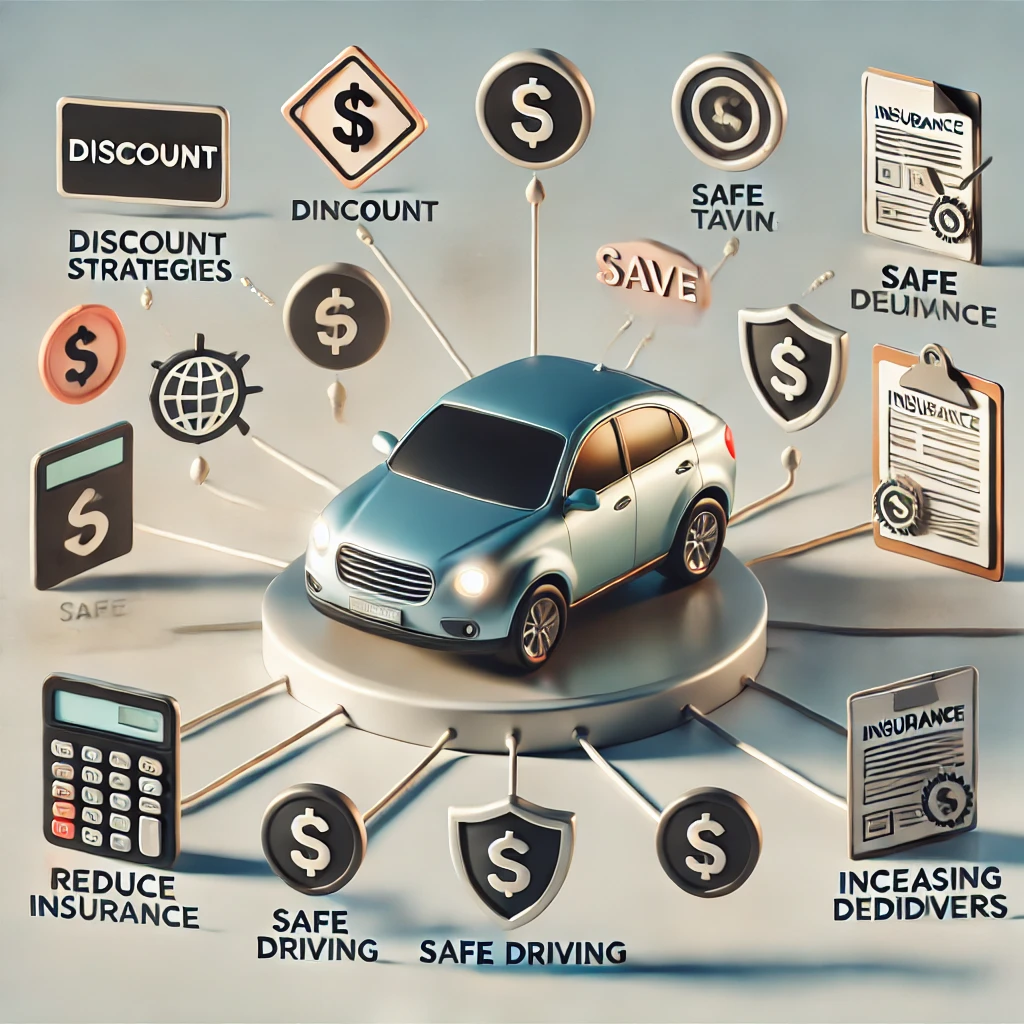
Car insurance is a necessary expense for every driver, but the cost of premiums can add up quickly, putting a strain on your budget. Fortunately, there are several ways to save money on car insurance without sacrificing the coverage you need. With some smart planning, a little research, and careful decision-making, you can reduce your car insurance costs and still enjoy peace of mind on the road.
Understanding Car Insurance Premiums
Car insurance premiums refer to the amount you pay regularly to your insurance provider in exchange for coverage. The amount of your premium depends on a variety of factors, including your age, driving history, location, the type of vehicle you drive, and even your credit score. Insurers calculate premiums based on the level of risk they associate with you as a policyholder. While you cannot control all the factors that influence your premium, there are several that you can adjust to help reduce your overall costs.
The Impact of Driving Record
Your driving record plays a significant role in determining your car insurance premium. If you have a clean driving record with no accidents, traffic violations, or claims, insurance companies see you as a lower-risk driver and reward you with lower premiums. On the other hand, if you have a history of accidents or traffic tickets, insurers may charge you more because they view you as a higher risk.
To keep your premiums as low as possible, it’s essential to practice safe driving habits. Obeying traffic laws, avoiding speeding, and staying focused while behind the wheel can all contribute to a cleaner driving record. If you’ve had issues in the past, some insurers offer accident forgiveness programs, which prevent your first at-fault accident from increasing your premium.
Vehicle Type and Premiums
The type of car you drive significantly affects your car insurance premium. Insurance companies consider factors such as the car’s make, model, year, and safety features when calculating rates. Generally, vehicles with higher safety ratings and those that are less likely to be stolen tend to have lower premiums. Conversely, luxury cars, sports cars, and vehicles with a high cost of repair tend to have higher insurance costs.
When purchasing a new vehicle, it’s a good idea to research how different models will impact your car insurance premium. Choosing a car that is more affordable to insure can result in long-term savings on your premiums.
Location and Insurance Costs
Where you live also affects your car insurance premium. If you live in an area with a high rate of accidents, theft, or vandalism, you’re likely to pay more for insurance. Similarly, urban areas tend to have higher premiums than rural areas because of the increased likelihood of traffic accidents and higher repair costs.
While you may not be able to move to save on car insurance, understanding the impact of your location can help you make more informed decisions. If you plan to move, consider looking into how your new area will affect your car insurance costs.
Bundling Insurance Policies
One of the most effective ways to save money on car insurance is by bundling your policies with the same provider. Many insurers offer discounts when you combine multiple types of insurance, such as home, renters, and auto insurance, under one policy. This is known as a multi-policy discount.
Bundling not only simplifies your insurance management but also provides significant cost savings. Be sure to ask your insurance company about any available discounts for bundling your policies.
Increasing Deductibles
A deductible is the amount you pay out of pocket before your insurance kicks in after an accident or claim. By opting for a higher deductible, you can lower your monthly premiums. While this means you’ll have to pay more if you need to file a claim, it can result in significant savings over time if you’re a safe driver and don’t frequently file claims.
Before increasing your deductible, consider your financial situation and how much you can afford to pay out of pocket in the event of an accident. If you’re confident in your driving skills and want to lower your monthly payments, this is a smart option.
Improving Credit Score
Believe it or not, your credit score can influence your car insurance premium. Many insurance companies use a credit-based insurance score to assess the likelihood of you filing a claim. Drivers with higher credit scores are often rewarded with lower premiums because they are perceived as more responsible.
Improving your credit score by paying bills on time, reducing debt, and keeping credit card balances low can lead to lower car insurance premiums. It’s worth checking your credit report regularly to ensure there are no errors that could negatively affect your insurance costs.
Utilizing Usage-Based Insurance
For drivers who don’t use their car frequently, usage-based insurance (UBI) can be a great way to save money. This type of insurance, sometimes known as pay-as-you-go or pay-per-mile insurance, charges you based on how much you drive. It typically involves a telematics device installed in your car that tracks your mileage and driving habits, rewarding you for safe and low-mileage driving.
If you’re someone who doesn’t drive long distances or only uses your car occasionally, usage-based insurance could significantly reduce your car insurance premium.
You can also read; How to Choose the Right Health Insurance Plan for Your Needs
Comparing Quotes from Multiple Insurers
One of the simplest and most effective ways to save money on car insurance is by shopping around and comparing quotes from different insurers. Insurance companies offer varying rates based on their own risk assessments, and what might be expensive with one company could be cheaper with another.
Take the time to request quotes from several insurance companies, either online or through an insurance broker, to ensure you’re getting the best deal possible. Don’t be afraid to switch providers if you find a better rate—loyalty doesn’t always pay off when it comes to car insurance.